Wineries and spirit destilleries
-
Tokaji Wines
Tokaji
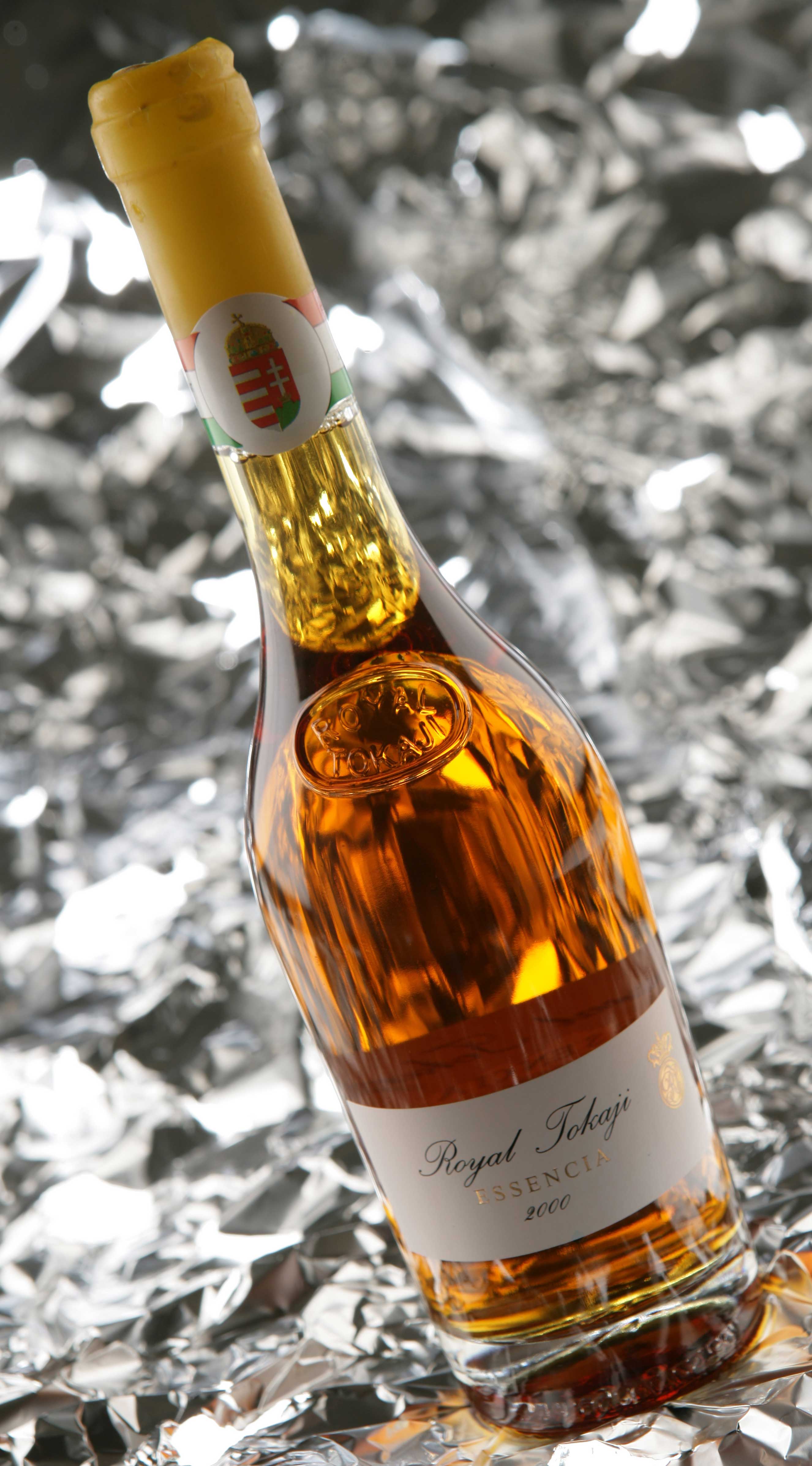
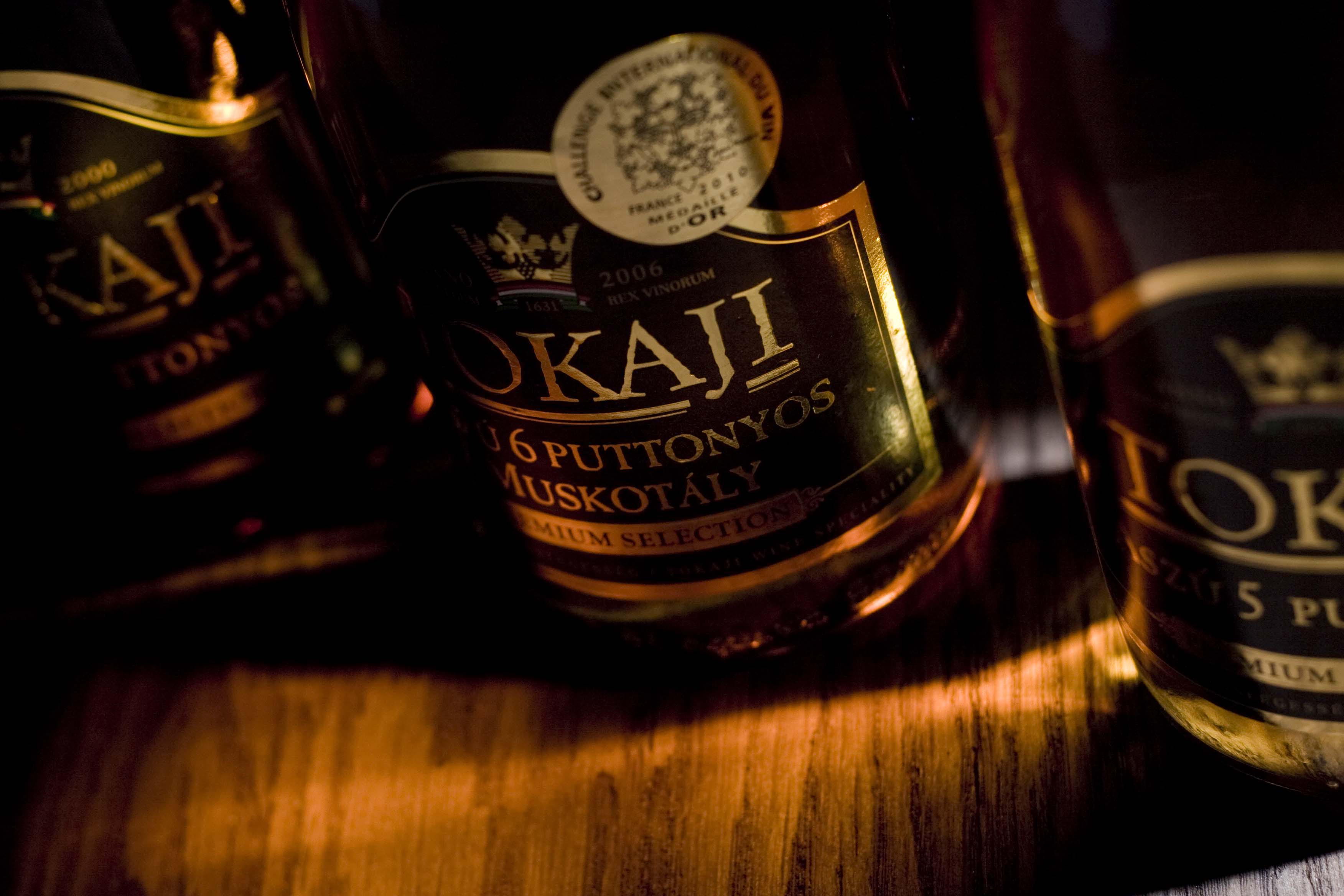
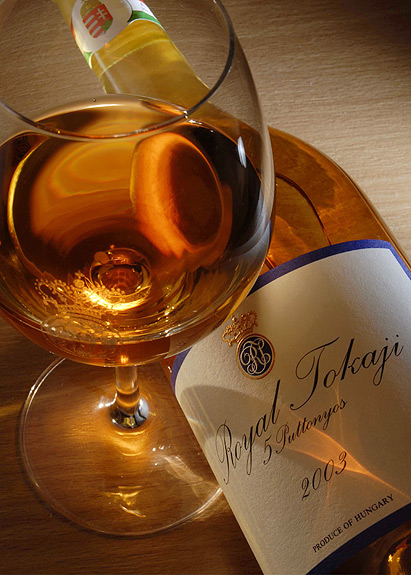
Tokaj Aszú complements goose liver (foie gras) or goose liver paté as well as blue cheeses. It is a wonderful accompaniment to many desserts and sweets (e.g. chocolate). One can also drink it as an aperitif.
We guarantee that you will not miss to enjoy this unique wine during your holiday with us.
The speciality of Tokaji
The noble rot encourages the development of substances important to the wines’ character. The high sugar content competes with the characteristic acidity. Controlled by legislation and indicating level of sweetness of wine on release. Scale ranges from 3 to 6 Puttonyos. Unlike most other wines, alcohol content of aszú typically runs higher than 14%.
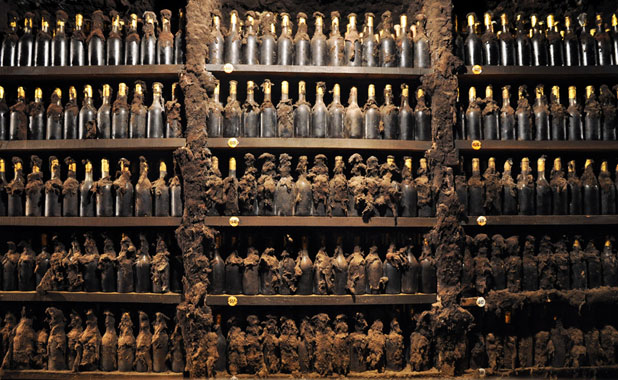
The best Aszús can remain 200-300 years in the bottle without loss of quality .
The original meaning of the Hungarian word aszú was "dried", but the term aszú came to be associated with the type of wine made with botrytised (i.e. "nobly" rotten) grapes. The area where Tokaji wine is traditionally grown is a small plateau, 457 m above sea level, near the Carpathian Mountains.
The soil is of volcanic origin, with high concentrations of iron and lime. The location of the region has a unique climate, beneficial to this particular viniculture, due to the protection of the nearby mountains. Winters are bitterly cold and windy; spring tends to be cool and dry, and summers are noticeably hot. Usually, autumn brings rain early on, followed by an extended Indian summer, allowing a very long ripening period.
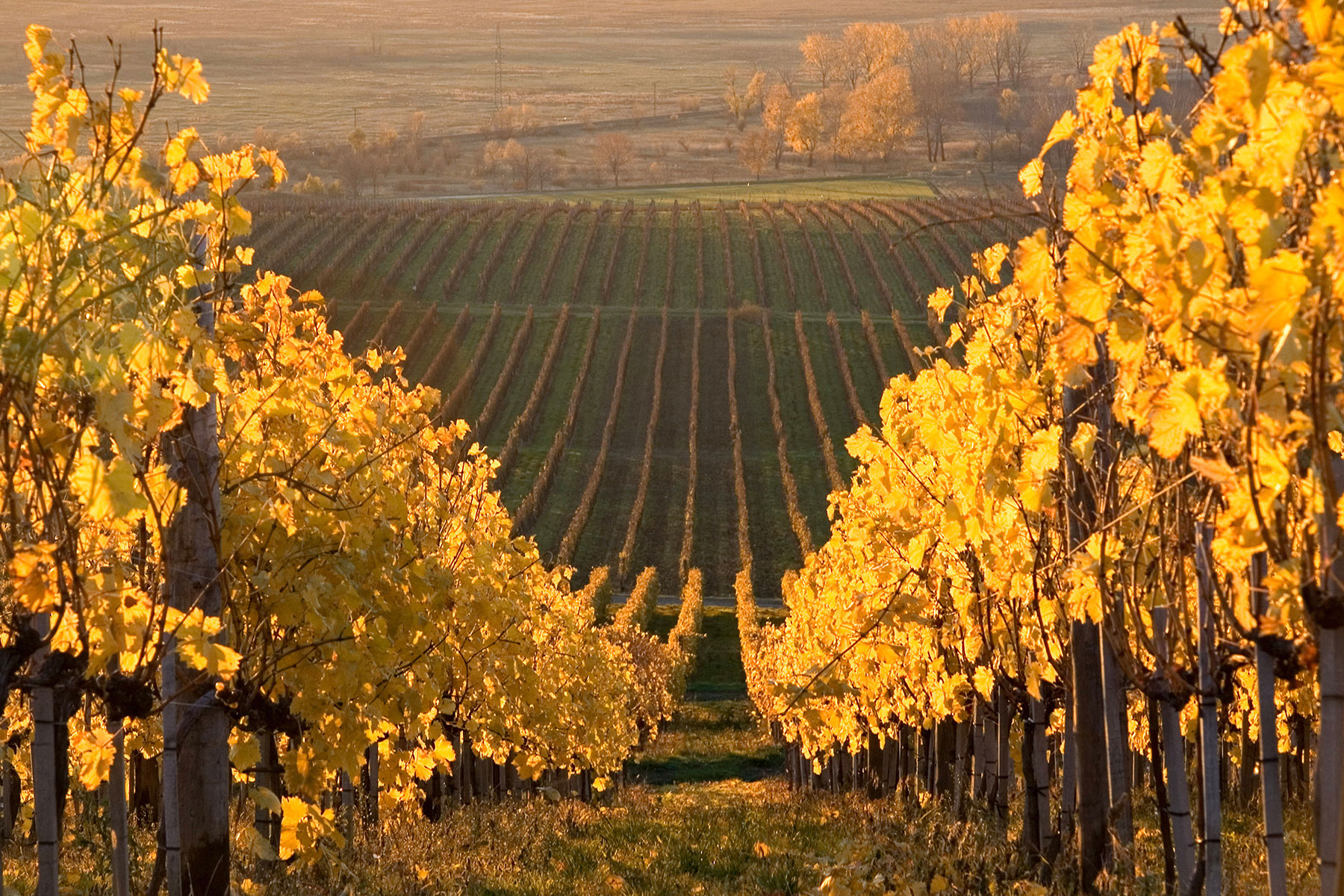
The Wine of Kings, the King of Wines
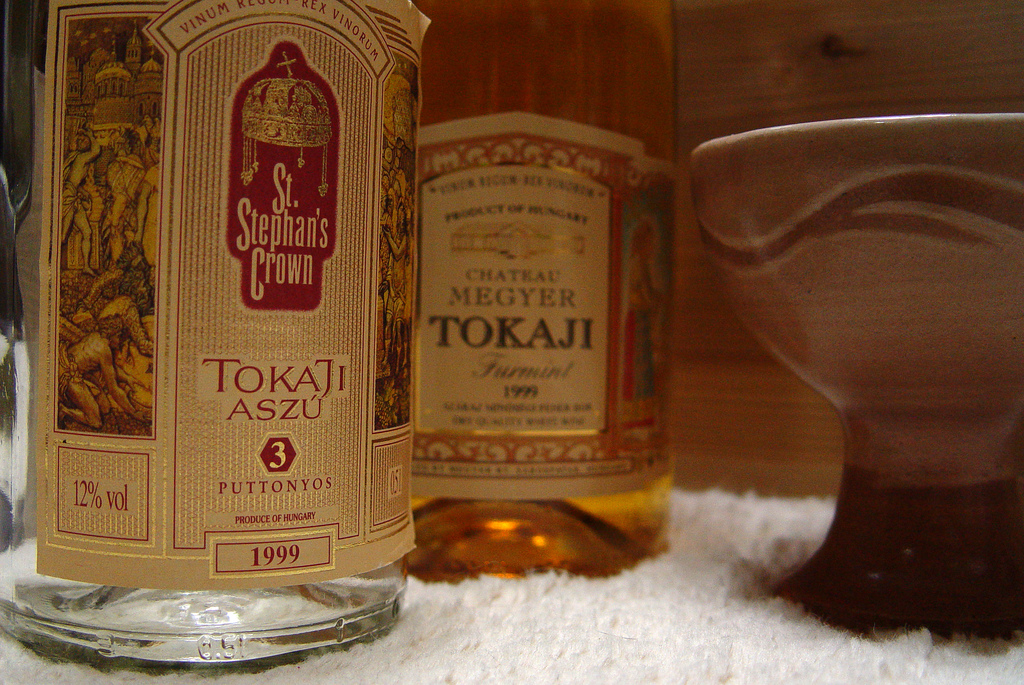
In 1703, Francis Rákóczi II, Prince of Transylvania, gave King Louis XIV of France some Tokaji wine from his Tokaj estate as a gift. The Tokaji wine was served at the French Royal court at Versailles, where it became known as Tokay. Delighted with the precious beverage, Louis XV of France offered a glass of Tokaji to Madame de Pompadour, referring to it as "Vinum Regum, Rex Vinorum"[3] ("Wine of Kings, King of Wines"). This famous line is used to this day in the marketing of Tokaji wines.
Emperor Franz Josef (who was also King of Hungary) had a tradition of sending Queen Victoria Tokaji Aszú wine, as a gift, every year on her birthday, one bottle for every month she had lived, twelve for each year. On her eighty-first and final birthday (1900), this totaled an impressive 972 bottles.
Tokaji wine has received accolades from numerous great writers and composers including Beethoven, Liszt, Schubert, Goethe, Heinrich Heine, Friedrich von Schiller, Johann Strauss II, and Voltaire. The composer Joseph Haydn's favorite wine was Tokaji.